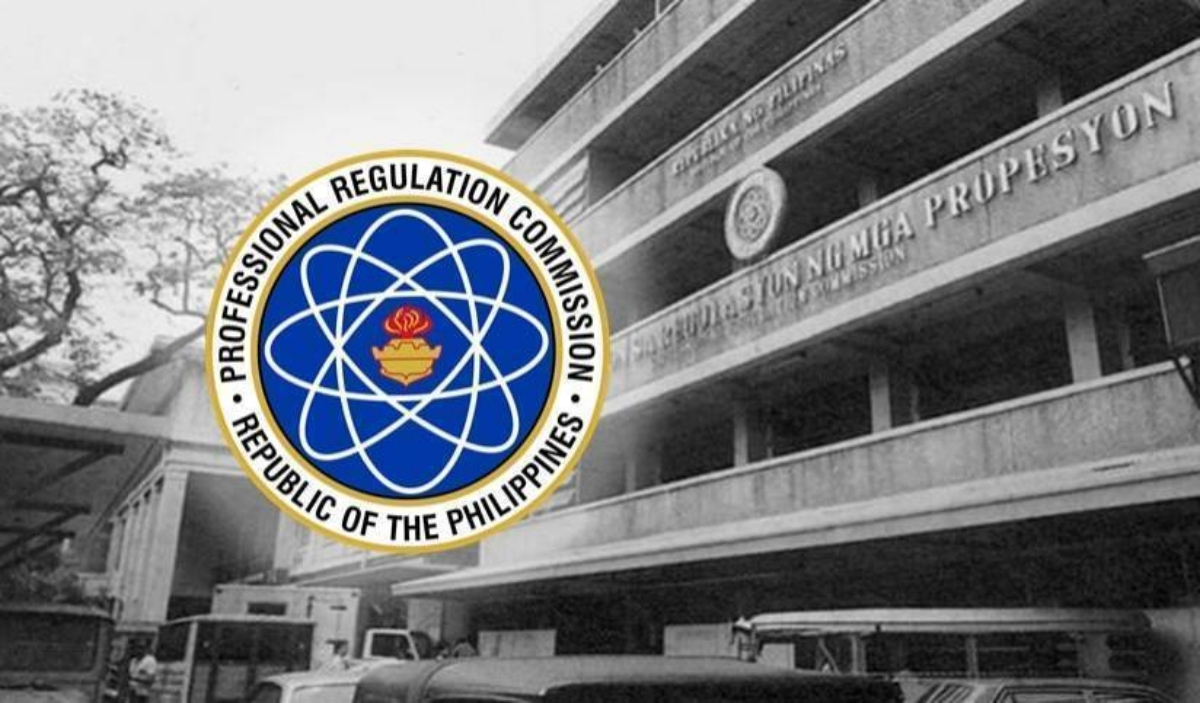Now that you’ve completed your degree, congratulations! You have earned the right to use capitalization on your professional credentials after passing the required licensing test. Everything for your new employment is set up and ready to start. The mission has been successfully completed!
It’s safe to say that the first phase of your task has been successfully completed. You have earned the right to take a moment to relax and congratulate yourself on your accomplishment. Nevertheless, don’t take too long or you’ll fall behind your coworkers. The same may be said for skilled workers who have worked in their respective fields for a considerable amount of time.
On March 15, 2017, the Senate of the Philippines commenced the implementation of Republic Act 10912, or the Continuing Professional Development Act of 2016, a measure mandating professionals to attend additional formal and informal learning programs before they may renew their licenses, following the effectivity of Resolution No. 1032, or the Implementing Rules and Regulations (IRR) of R.A. No. 10912.
What is Republic Act No. 10912 or the CPD Law?
According to the CPD Act of 2016, continuing professional development, also known as CPD, is defined as the incorporation of advanced knowledge, skills, and ethical values into a post-licensure specialization or an inter- or multidisciplinary field of study for the purpose of assimilation into professional practice, self-directed research, and/or ongoing learning throughout one’s life.
To put it another way, it means keeping your knowledge and abilities current on a consistent basis so that you may continue to advance in your professional career and realize your full potential.
 Image from Rappler
Image from Rappler
Maintaining your competence in your field is crucial to protecting your clients, your reputation, your job security, and your professional advancement. Continuing professional development is a process and a commitment that professionals who work hard in their fields make for the rest of their careers.
The practice of continuing professional development (CPD) provides assistance in managing your ongoing personal growth. It is designed to assist you in recording, reviewing, and reflecting upon what you have learned up to this point. This is not a check-off list document that records the training that you have successfully completed. It covers a far wider range of topics than that. It makes sure that your skills are up-to-date with the standards that are currently being used in the business by others working in the same profession.
In order to be properly designated as a CPD, an item must meet the following requirements:
- A procedure that has been documented
- Self-directed means that you are in charge, not your employer.
- Dedicated to reviewing and reflecting on past experiences for lessons learned
- Assist in deciding what you want to do in terms of your growth.
- Incorporate both academic and informal learning.
RA 10912: Who Is It For?
PRC ID holders (professions) are eligible for Continuing Professional Development (CPD) programs, which include, but are not limited to, certified public accountants, mechanical engineers, civil engineers, electrical engineers, teachers, architects, nurses, chemical engineers, dentists, electronics and communications engineers, and real estate brokers. CPD programs are open to a wide range of professionals.
How Do You Start with the CPD Programs?
Continuing Professional Development (CPD) Programs are activities that may be either organized or unstructured, and both types of activities include learning processes and consequences. Formal learning, non-formal learning, informal learning, self-directed learning, online learning activities, and professional work experience are examples of these.
Training and seminars on continuing professional development (CPD) are sometimes held in other countries, and licensed professionals who are working in those countries may attend those events. Students may also submit applications for credit units in Self-Directed Learning and/or Lifelong Learning for training or seminars attended that were not presented by an officially recognized CPD provider.
The General IRR and the Particular Operational Guidelines that are specific to each profession each provide information on the number of CPD credit units that are necessary for the renewal of Professional Identity Cards. If you would like a more in-depth look at the General IRR, you may access it through this website.
 Image from Sugbo
Image from Sugbo
Congratulations on the successful completion of your degree requirements! After successfully completing the necessary certification procedure, you have gained the opportunity to capitalize on your professional qualifications. Your new job will begin as soon as everything has been organized and is ready to go. The task was done!
That part of your mission may now be considered accomplished. In light of your success, you deserve some downtime to kick back and celebrate. But hurry up, or you’ll lag behind the rest of the team. Similarly, experienced professionals who have worked in their industries for a significant length of time may be called competent.
Do you want to see more content like this in the future? Subscribe to Pinoy Builders for FREE today and stay in the loop for the latest news and updates on the Philippine construction industry!
SOURCES:
- Why Is CPD Important And Why Does It Matter To You? (2018, October 1). Philippine Business School. https://phbusinessschool.com/why-is-cpd-important-and-why-does-it-matter-to-you/
- Professional Regulation Commission. (n.d.). https://www.prc.gov.ph/uploaded/documents/CPD_IRR_p.pdf
- Cervantes, F. M. (2022, June 1). House OKs bill amending CPD law on final reading. Www.pna.gov.ph. https://www.pna.gov.ph/articles/1175679
- Noriega, R. (2022, June 1). House approves amendment to law on continuing professional development. GMA News Online. https://www.gmanetwork.com/news/topstories/nation/833609/house-approves-amendment-to-law-on-continuing-professional-development/story/










